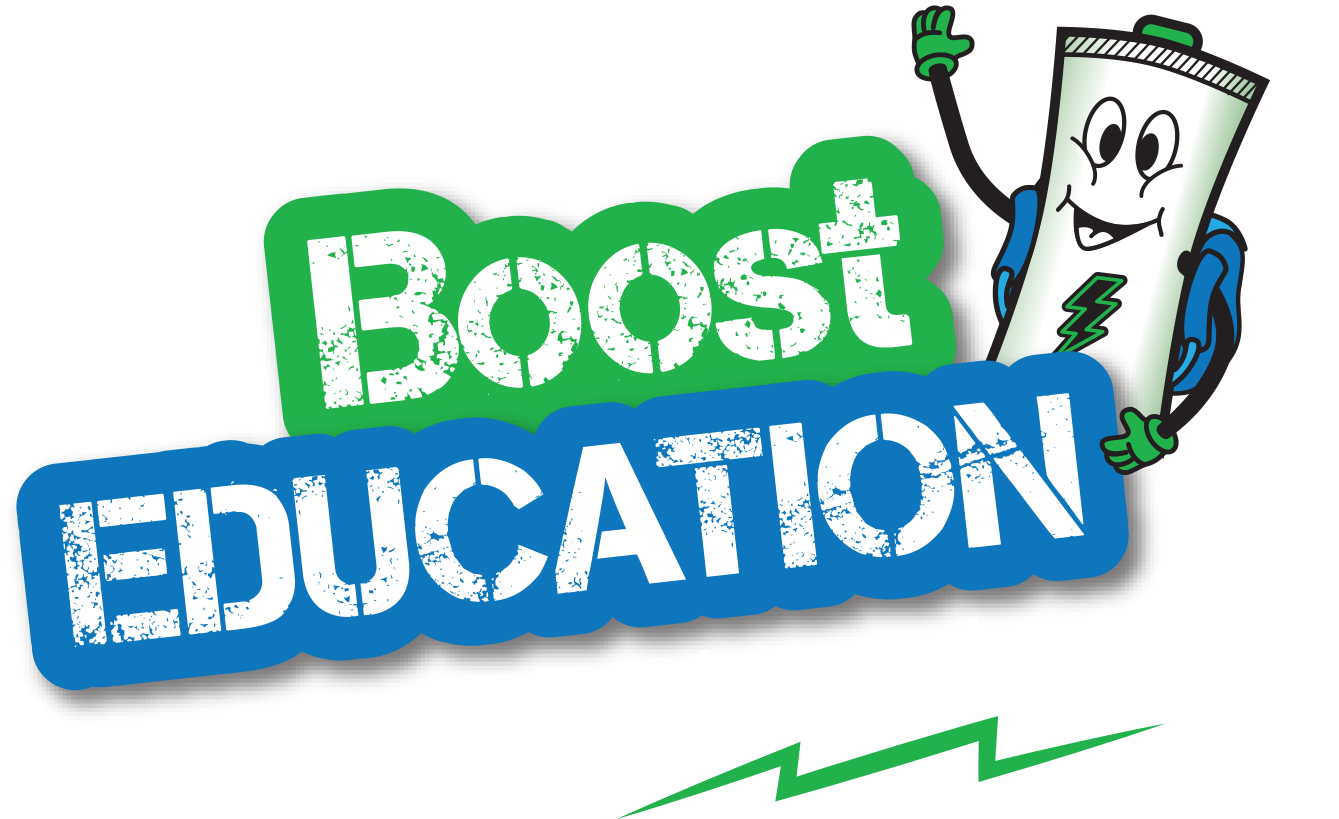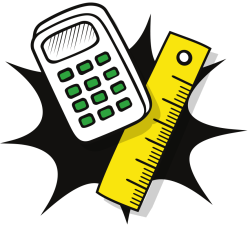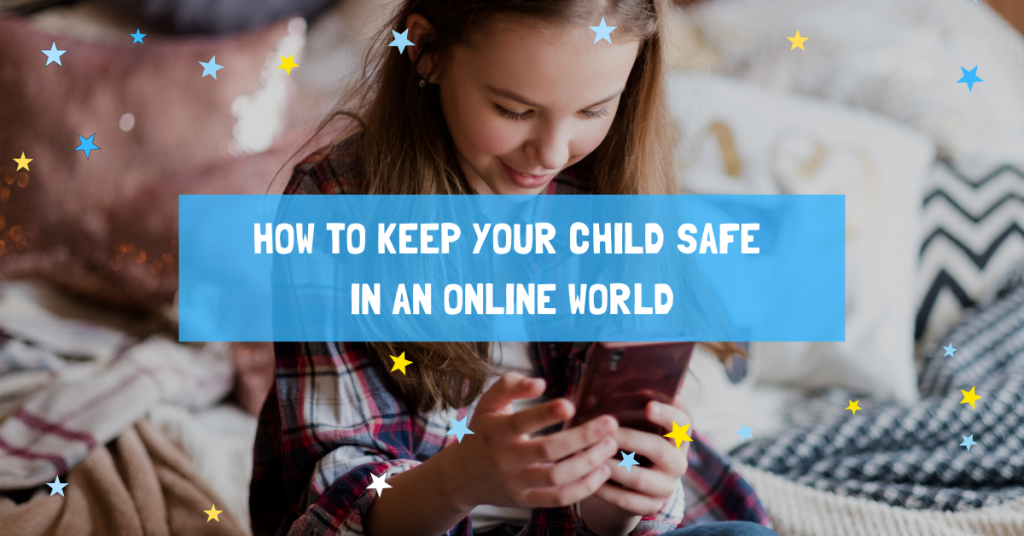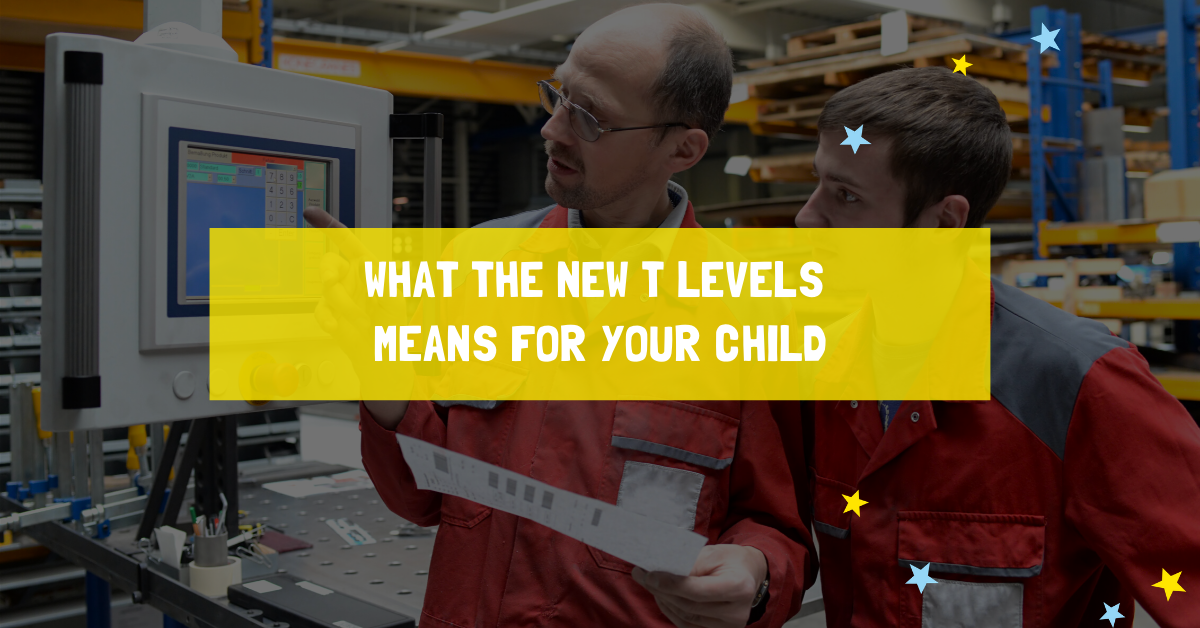The internet is by far one of the most far reaching and transformative inventions in recent times. Not only has the world wide web gifted us with amazing new ways to communicate, but we’re also being entertained, educated and kept abreast of the latest world developments as they happen. Globally, internet users have reached 4 billion with penetration in UK homes exceeding 90%.
Needless to say, our children are being exposed to a breadth of information at a pace that many of us find staggering. A report by the British communications regulator, OfCom, found that children from as young as 3 years old are spending an increasing amount of time online.
Connecting with friends, sharing content, watching YouTube and playing video games are big favourites among children between the ages of 8-11 with nearly half owning a smart device (tablets being their favourite). Children in this age group tend to spend more than 13 hours online every week, with half having multiple social media accounts across different platforms.
Fortunately, almost all of the children between 8-15 say they have been told about, and is aware of, internet safety. However, nearly 20% of 8-11 year olds and 30 % of 12-15 year olds report experiencing something worrying, offensive, of a sexual or a hateful nature while online.
Keeping up with kids in an increasingly complex web
Interestingly, a report by Google found that many school teachers in the UK cite a lack of parental effort in bringing about generally safer internet habits in children. The report found that a majority of teachers feel that online safety should be taught to children from as young as seven to orient them safely in the digital landscape.
Google is also doing its bit to help children enjoy the benefits of the web, while avoiding its potential harms. The internet giant launched the Be Safe and Be Cool programmes that are designed to orient children online and teach them how to use the internet safely. Both programs have been awarded the Quality Mark of accreditation by the PSHE Association, the national body for Personal, Social and Health Education in the UK.
Parents often don’t know how many social media accounts their children have and don’t know who they could be interacting with. Children are also adopting new social media platforms at rates parents or teachers struggle to keep up with, making it hard to keep abreast of where children find their online fix.
Talking to your child about internet safety can help prepare them for situations where negative content may be encountered. And while the landscape is vast, offering guidelines will help to establish a good environment for using the web. Making use of technology to track the content your child consumes will give you a good view and control over what happens when you’re not watching and allows you to tackle worrying online behaviour.
According to Colin Green, Director of Education at New Era of Education, “…the intuitive nature of devices, persuasive design, and growing and easy access means that we must proactively teach children about the benefits and potential harms of the internet hand-in-hand, through a systematic approach. Parents have a key role in this, but we cannot leave them to do it on their own. Schools must take a lead.”
Am I breaching my child’s privacy?
A reasonable question to ask is whether tracking your child’s online habits constitutes a breach of privacy. Perhaps a better way to confront the issue of internet tracking is to ensure that your understands internet safety, why it exists and the potential harm that can come their way. With this foundation in place, parents may consider placing tracking and restrictions in place with the aim of relaxing them over time.
While a child may argue that the lack of trust from parents is a cause for concern, parents may, conversely, argue that trust is earned. Allowing your child more leeway over time can help to build a two-way trust relationship that brings both peace of mind to parents and enjoyment to young web surfers. However, as a parent, making sure that your child is in safe online environment should take first priority.
An invaluable tool for learning
As a learning tool, the internet is one of the most invaluable tools in modern society. At Boost Education, we encourage innovation in education and therefore embrace the internet for its potential to transform the way we think about learning. We recommend parents take a protective, yet welcoming attitude towards the web as a social and educational tool but to put your child’s safety first as he or she ventures into the digital unknown.
For more information on internet safety, check out the UK Council for Child Internet Safety’s Guide to Education in a Connected World.








